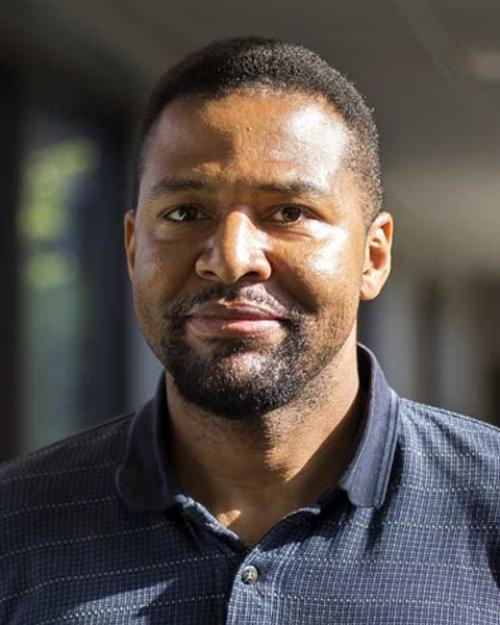For humans to travel the solar system, we first need to be liberated from Earth’s orbit. High power electric propulsion and nuclear propulsion systems offer promise in getting us off Earth, but how do we practically test these powerful engines on the ground?
Physicist and engineer John Foster, who thinks hard on how to mimic space travel on earth, will give the fall 2023 Bethe Lecture on this topic. Foster’s talk, “Realizing the Promise of High Power, Advanced Space Propulsion: The Testing Challenge” will be Wednesday, Nov. 15 at 7:30 p.m. in Schwartz Auditorium, Rockefeller Hall, and is open to the public. The lecture will be livestreamed by Cornell Video.
“The energetic plumes these rockets produce interact with the walls of vacuum chambers, which are supposed to simulate space-like conditions, leading to high backsputter rates and elevated chamber pressure,” said Foster, professor of nuclear engineering and radiological sciences at the University of Michigan. “If these problems are unavoidable, how do we account for these processes when interpreting the test data and then extrapolating to space operation?”
In the lecture, Foster will discuss the challenge of testing high power electric propulsion on the ground, unpacking the many physical processes that can affect the interpretation of on-orbit performance. He will also survey past ground test methods of characterizing nuclear thermal rockets—which are prohibited today—and current approaches being posed to test, understand and characterize performance of these engines on the ground.
Foster’s research at Michigan focuses on space propulsion, including the development of novel ion and nuclear thermal rocket engines. He also investigates environmental plasma processing, such as terrestrial plasma-based water purification and plasma-driven depolymerization to address the problem of plastic waste.
“Prof. Foster’s work in plasma physics is remarkable in its breadth, ranging from fundamental plasma studies to real-world, practical applications with far-reaching societal impact,” said Jared Maxson, associate professor of physics in the College of Arts and Sciences (A&S).
Throughout his academic and professional career, Foster has been involved in electric propulsion (EP) research. After receiving his Ph.D. (1996) in applied physics from the University of Michigan–Ann Arbor, he served as the plasma diagnostics postdoctoral researcher for the University of Wisconsin’s Center for Plasma-Aided Manufacturing.
He later joined the On-Board Propulsion group at NASA Glenn to study advanced, plasma-based propulsion. He served as principal investigator for the ion thrusters then slated to be used on the Jupiter Icy Moon Orbiter mission. Foster left NASA in 2006 to join the nuclear engineering department at Michigan.
As part of the Hans Bethe Lecture series, Foster will give a physics colloquium talk, “How Plasma-Based Water Purification May Save Us from Ourselves,” Monday, Nov. 13 at 4 p.m. in Schwartz Auditorium, Rockefeller Hall; and a LEPP Joint Seminar, “The Physics of Advanced Space Propulsion: A Survey of Nuclear Rocket Technologies,” Tuesday, Nov. 14 at 1:30 p.m. in Rm. 401, Physical Sciences Building.
The Hans Bethe Lecture Series, established by the Department of Physics and the College of Arts and Sciences, honors Bethe, Cornell professor of physics from 1936 until his death in 2005. Bethe won the 1967 Nobel Prize in physics for his description of the nuclear processes that power the sun.




